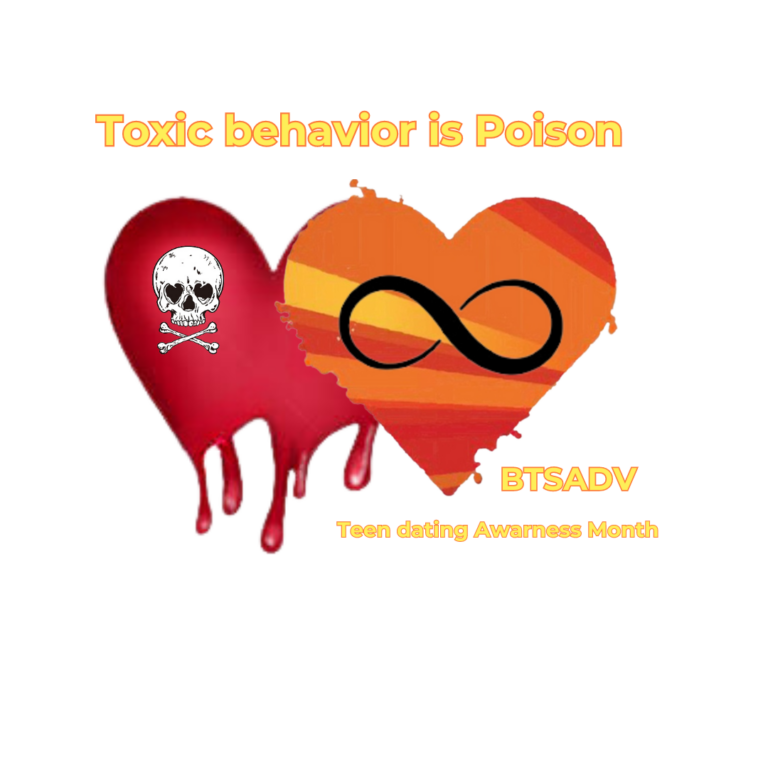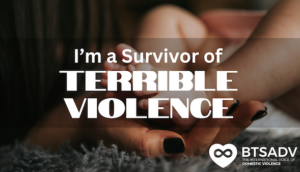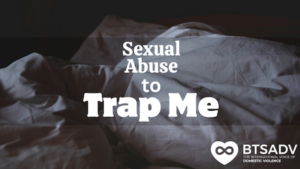As Valentine’s Day passes, we often think about couples holding hands, kissing, and going on dates. There is one key component that must not be forgotten: consent. Without consent, these seemingly cute ideas can take a quick, dark turn. Learning to speak up for yourself as an adult when you haven’t throughout your whole life is an enormous feat. The courage it takes to say “No” can be difficult to muster in uncomfortable situations, but what if we all learned how to do it as children? Teaching children this paramount skill will help them to set boundaries to protect themselves now and later. Preventing domestic violence can start with simple conversations with small children.
What would this look like? While I was teaching third grade, I started reviewing it with my class when a few students frequently hugged others, even if the other child didn’t want to be touched. Hugging is a great way to show affection when the other person consents, but if they don’t want to be hugged, it starts to overstep a physical boundary.
I had some children in tears because they didn’t know how to say “no” without feeling that they were doing something wrong. Here are some phrases I used with the kids to get over this hurdle in the classroom:
- “Do you want to be hugged?”
- “You can say a firm ‘no thank you’ if you don’t want to be touched.”
- “You don’t have to give a reason for not wanting to be hugged.”
- “It’s okay if you don’t want someone to touch you.”
- “Your body is yours.”
I also spoke to the serial huggers in the following way to make sure they were getting consent from others:
- “Are you sure they want to be hugged?”
- “Ask them if you may hug them beforehand.”
- “It’s so nice that you want to hug them. Make sure they want the hug, too, before you do.”
- “If someone says ‘no thank you’, that’s okay. Their body is theirs, and your body is yours.”
- “They’re not being mean, they just don’t want to be touched. That’s okay!”
These conversations can also happen outside of the classroom. If your child is going to be around family members, you can remind them that they don’t have to be touched. They may say “no thank you” to a hug, a kiss, or anything other physical touch. The implications this has on future interactions is immense. Later, when someone eventually tries to kiss them, they will know how to say “no thank you” or “yes”. Repeatedly standing up for yourself as a child, and having permission as well as encouragement from adults, will make setting boundaries much easier as an adult. They won’t feel like they have to do something to make another person happy. Making sure they are able to express whether or not they consent, and reminding them that they need other people’s consent, will help prevent domestic violence. These strong, respectful children will grow up to be strong, respectful adults.










